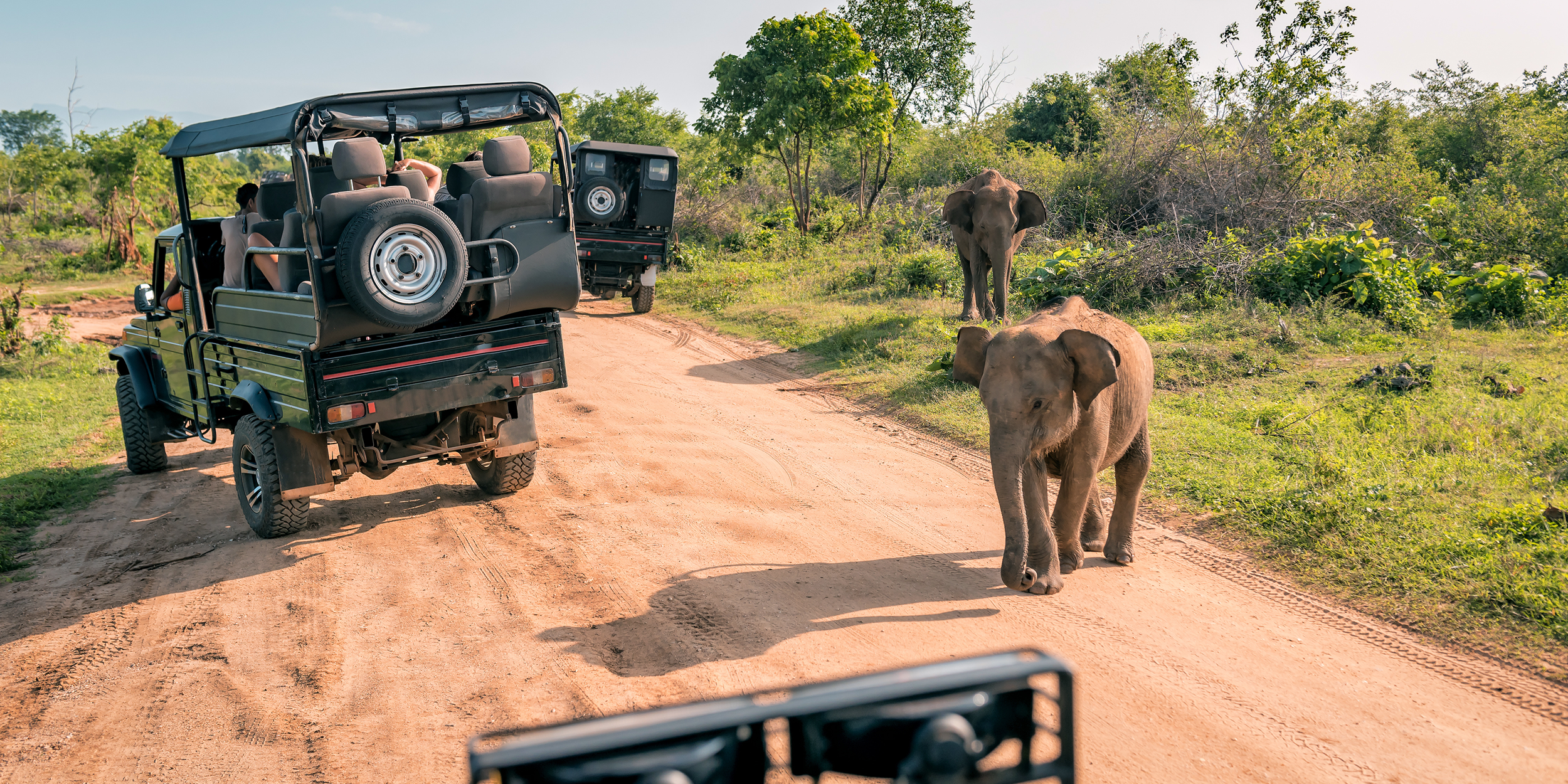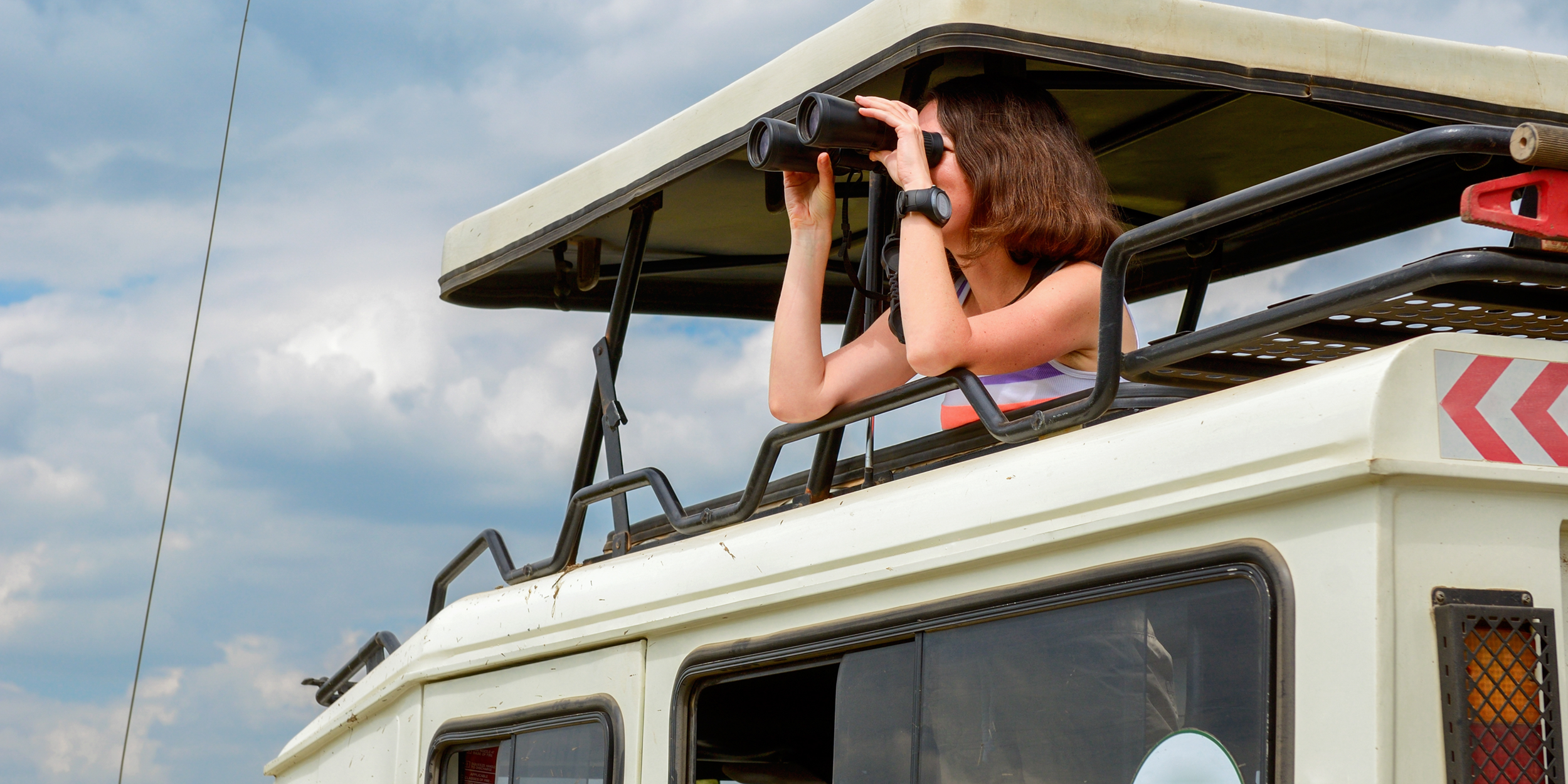Safari lovers visit Kenya from around the world. Its diverse animals, gorgeous landscapes, and rich cultural legacy make it unforgettable. Safety worries may dissuade some tourists from visiting this attractive country. This article covers Kenya’s security conditions and safari safety suggestions.
Current Kenyan Security: An Overview
Recent terrorist attacks and political upheaval in Kenya have heightened safety worries for citizens and tourists. The 2013 Westgate Mall attack in Nairobi, which killed over 60 people, was the most notable. Terrorism has also occurred in coastal areas.
The Kenyan government has taken great steps to improve security and protect its citizens and tourists. The government has tightened border restrictions, boosted police presence and surveillance in high-risk locations, and improved intelligence collecting. These actions have reduced hazards and stabilized security.
Kenyan tourism has thrived despite these obstacles. The country attracts millions of safari tourists each. Maasai Mara National Reserve, Amboseli National Park, and Tsavo National Park continue to attract tourists worldwide. This shows the government and local communities’ efforts to protect tourists.
Understanding Kenya Safari Risks
Be aware of the risks before booking a safari in Kenya. Crime, terrorism, and wildlife encounters are risks.
Kenya’s biggest cities, Nairobi and Mombasa, have crime problems. Avoiding valuables, staying in well-lit and busy locations, and using trustworthy transportation providers can reduce the risk of crime.
 Traveling to Kenya also risks terrorism. Despite government security improvements, terrorism remains a threat. Travelers should observe their own country’s travel advice and be updated about security. High-risk areas and huge groups should be avoided.
Traveling to Kenya also risks terrorism. Despite government security improvements, terrorism remains a threat. Travelers should observe their own country’s travel advice and be updated about security. High-risk areas and huge groups should be avoided.
Safari wildlife encounters are fascinating and perilous. Although animals in national parks and reserves are used to humans, they are still wild animals. Travelers should obey their guide and stay away from animals. Their proximity or provocation might cause significant harm or death.
Kenyan Government Responsibility for Tourist Safety
Tourist safety in Kenya depends on the government. Security measures have been taken to protect citizens and visitors in recent years.
Government actions include enhancing police presence and surveillance in high-risk locations. This involves adding police to tourist locations, airports, and borders. The presence of law enforcement deters crime and reassures tourists.
The government collaborates with travel providers to protect tourists. Tour guides, who protect safari guests, are trained and supported by them. Tour operators must follow government safety laws.
The Kenyan government has also improved the national parks and reserve infrastructure. Well-maintained roads, visitor centers, and accommodations are built. These upgrades enhance the safari experience and protect guests.
Why You Need a Reputable Safari Tour Operator
Choose a reliable travel provider for your Kenya safari. A trustworthy tour operator will prioritize safety and reduce client risk.
Researching and selecting a reputable trip operator is crucial. Find operators with a long history and good customer feedback. Additionally, check if they are registered with tourism associations.
A good tour provider has expert guides on the area, wildlife, and risks. They will train their guides on safety and emergency methods regularly. Their clients will also receive extensive information regarding safari risks and safety.
A good tour operator will also insure their customers. This adds security in case of emergency. Check the tour operator’s insurance coverage before booking a safari.
Kenya Safari Safety Tips
Safaris in Kenya are amazing, but you must take safety precautions. Here are safari safety tips:
- Always be alert to your surroundings, especially in crowded or unfamiliar places. Be aware and heed your instincts if something seems wrong.
- Avoid high-risk regions: Stay educated about security and avoid areas with a history of crime or terrorism. This covers Somalia-bordering and coastal locations.
- Listen to your tour guide: They’re there to keep you safe and educate you. Follow their directions, especially when approaching wildlife or navigating risks.
- safeguard valuables: Always safeguard passports, money, and electronics. Use a tight bag or money belt to prevent pickpockets and robbers.
- Be cautious while engaging with strangers: Most people are kind and helpful, but be cautious. Avoid giving out personal information or accepting offers from strangers.
The Benefits of Local Guided Travel
A native guide enhances your safari and ensures your safety. Local guides offer several advantages:
- Insight and knowledge: Local guides know the area, wildlife, and culture. They may offer unique insights and information not found in guidebooks or internet sites.
- Navigating dangers: Local guides know the area and risks. They can help you handle difficult situations and avert danger.
- Emergency assistance: A local guide can help in an emergency. They know local emergency services and can help with communication.
- Cultural understanding: A local guide can help bring cultures together and foster meaningful community engagement. They can explain local norms and manners.
Understanding Safari Wildlife Encounter Risks
Safaris in Kenya are popular because you may observe wildlife in their natural habitat. However, wildlife encounters require caution and respect. Key points to remember:
- Listen to your guide: Your guide knows animal behavior and will advise you on how to properly approach wildlife. Follow their advice and stay away from animals.
- Do not provoke or feed the animals: National park and reserve animals are wild and should not be provoked or fed. Feeding them disrupts their behavior and poses risks.
- Always keep a safe distance from animals. This keeps you safe and respects the animals’ space (reducing disturbance).
- Stay in the car until instructed: Wildlife is usually safer to watch from a car. Leaving the car puts you at risk of animal contact.
 Prepare for Medical Emergencies Safariing in Kenya
Prepare for Medical Emergencies Safariing in Kenya
Prepare for medical emergencies while on safari in Kenya. Here are some steps:
- Pack a first aid kit with bandages, antibacterial ointment, painkillers, and prescriptions.
- Research local medical facilities before your safari. Find emergency-ready hospitals and clinics with good reputations.
- Discuss emergency plans with your tour operator or guide before your safari. Emergency contact information and a plan for accidents or illness should be known.
- Inform your travel companions: Make sure your travel companions know about your medical conditions and how to help you in an emergency.
Kenya Safari Travel Insurance: Why It Matters
Any journey, including a Kenya safari, requires travel insurance. It covers medical emergencies, vacation cancellations, and other unexpected circumstances. Important reasons for travel insurance:
- Medical emergencies: Travel insurance covers medical treatment if you get sick or hurt on safari. The cost may include hospitalization, doctor visits, and emergency medical evacuation.
- Trip cancellations or interruptions: Travel insurance can cover non-refundable charges if illness, natural disasters, or political upheaval cancel your trip.
- Lost or stolen belongings: Travel insurance can replace or compensate lost or stolen items during your safari.
- Peace of mind: Travel insurance protects you financially from unexpected catastrophes. You can enjoy your safari without worrying about threats.
Safari in Kenya: Making an Informed Choice
With appropriate planning, a safari in Kenya may be safe and rewarding. There are risks in any site, but the Kenyan government has taken steps to protect tourists.
Choose a reliable tour operator, keep aware of your surroundings, follow your guide’s instructions, and take care to reduce hazards and enjoy a wonderful Kenya safari. Research and understand the hazards before making a decision and emphasize safety throughout your journey. A Kenya safari can be an unforgettable experience with proper planning and thinking.

